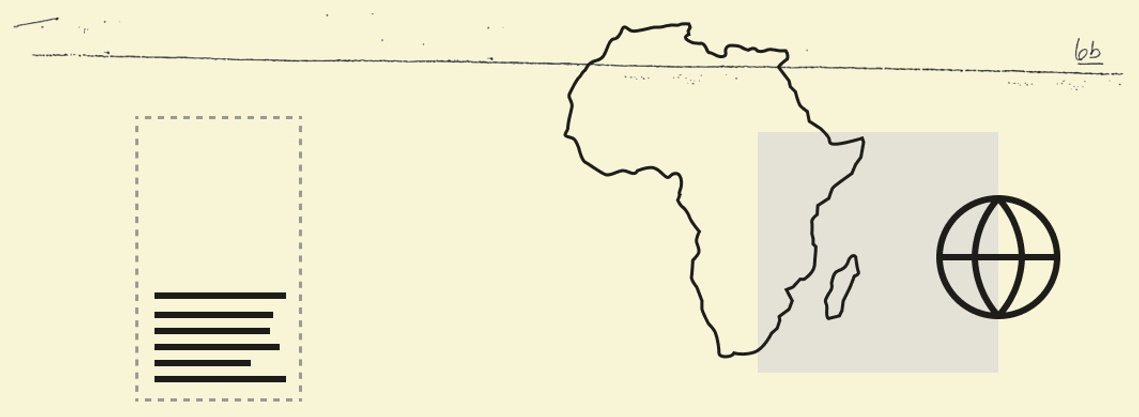 Business & Macro🇪🇬 Credit ratings agency Fitch downgraded Afreximbank’s long-term issuer default rating to BBB- from BBB, citing a higher credit risk from “the rise in the bank’s non-performing loans ratio.” 🇿🇦 South Africa’s economy grew 0.8% year-on-year in the first quarter, an “insufficient” growth rate that could see the economy “slide into the negative,” the country’s statistician-general said. 🇧🇼 Botswana revised its growth expectations for this year from 3.3% to “close to zero” due to a deteriorating downturn in the global market for diamonds on which the economy depends. Climate & Energy🇳🇬 Nigeria will cap tax credits for upstream oil operators at 20% of annual tax liability, according to a new executive order that also introduces a performance-based incentive for the upstream sector. Geopolitics & Policy🇬🇦 Gabon’s President Brice Oligui Nguema ordered a formal ban on the export of raw manganese from January 2029 to develop “local transformation of primary materials” and boost revenues. 🇸🇩 More than 4 million people have fled Sudan as refugees since the beginning of the civil war in 2023, the UN said. Tech & Deals🌍 Pan-African telecoms company Axian purchased an 8% minority stake in African ecommerce company Jumia. 🇿🇦 South African telecoms group Vodacom appointed Mohamed Abdallah as chief executive of its international markets and of Vodafone Egypt. |